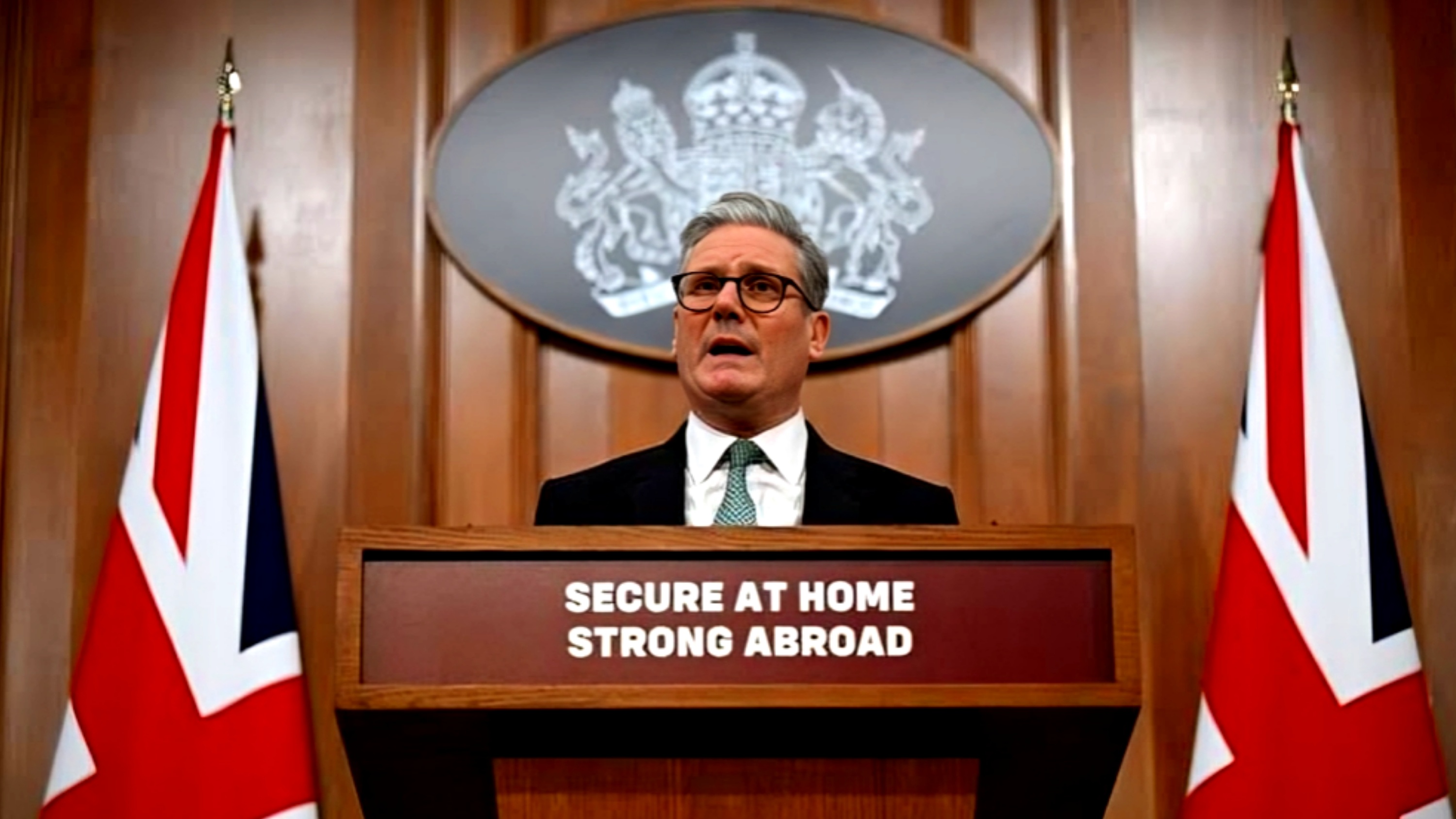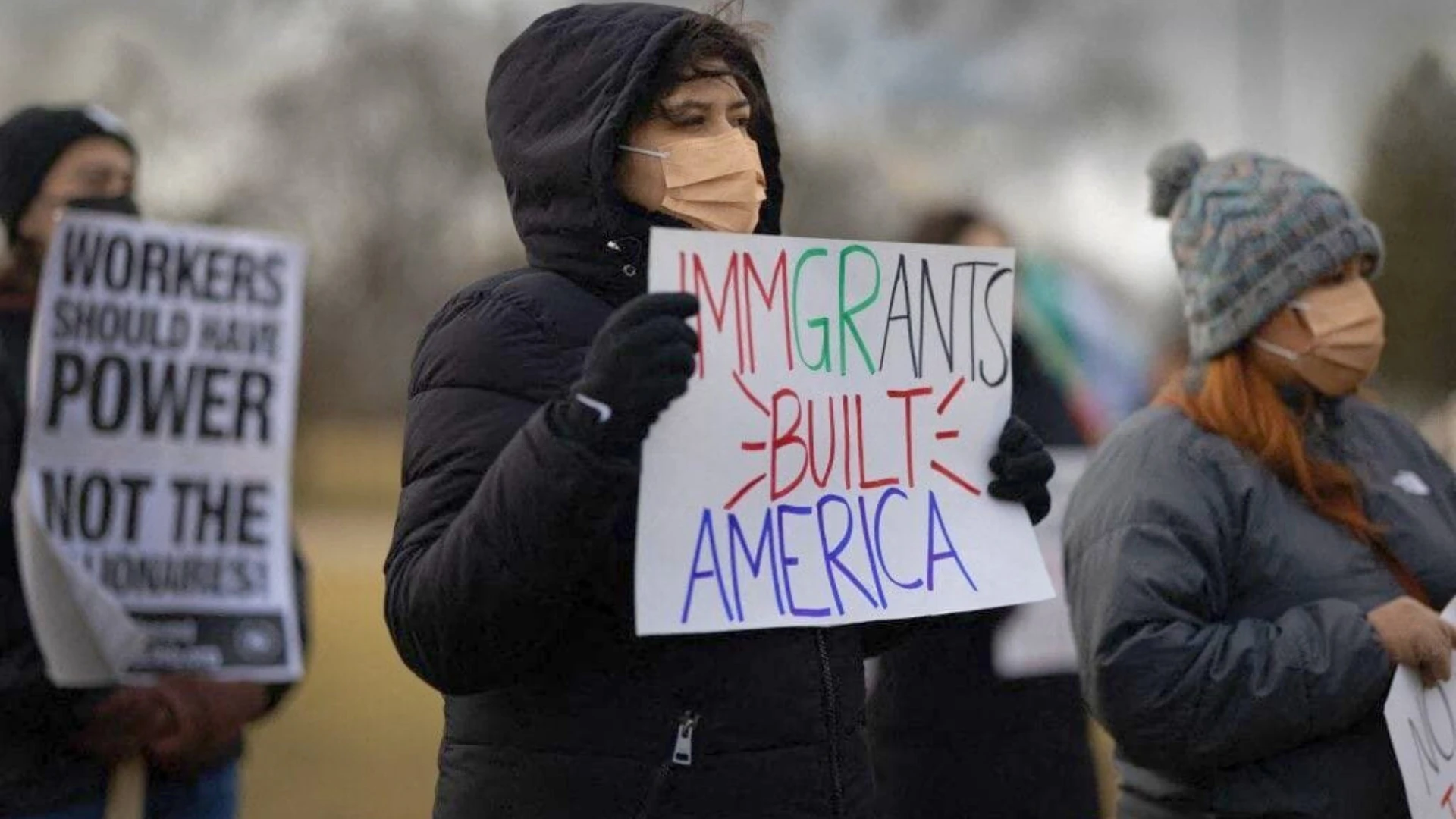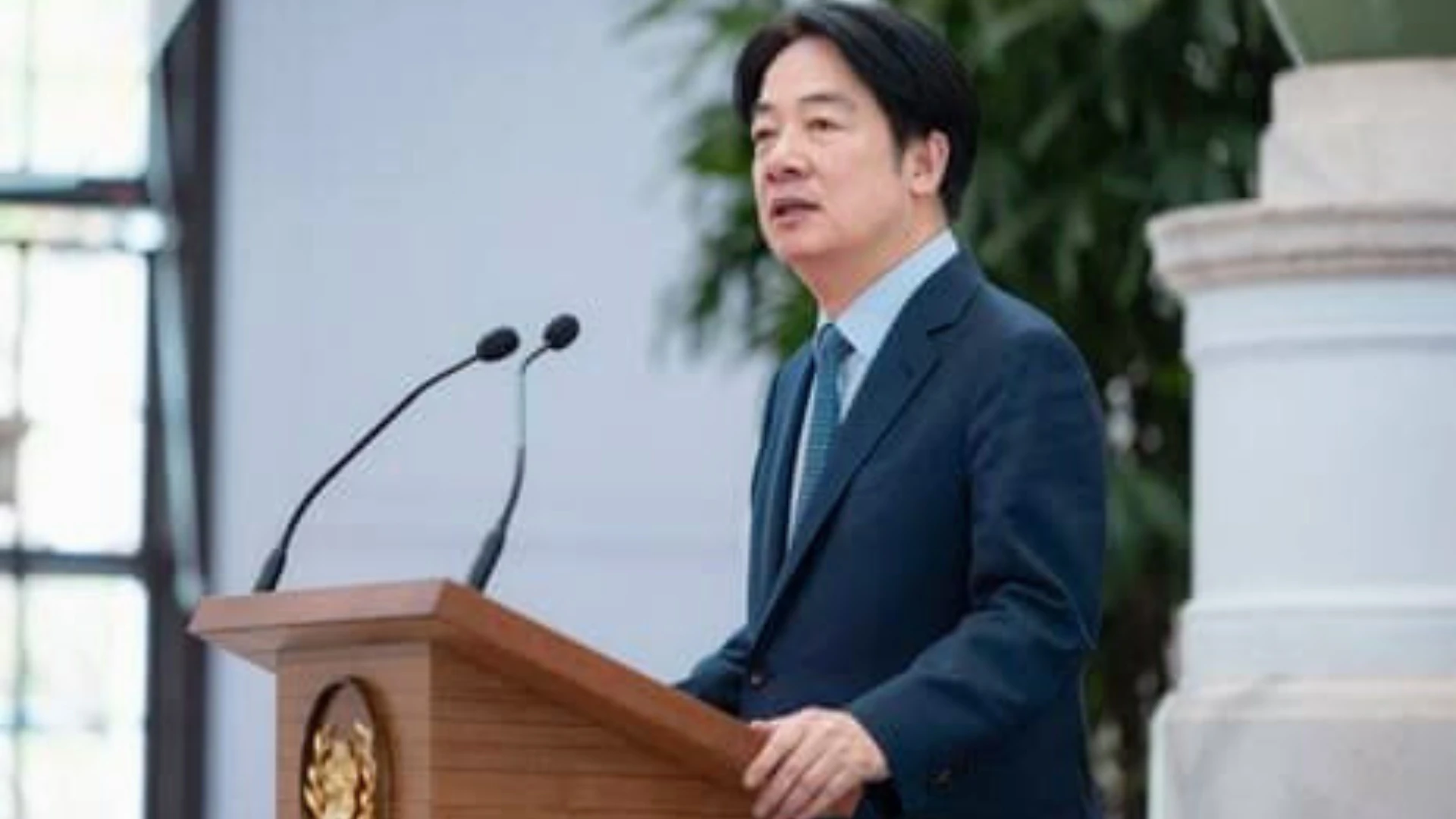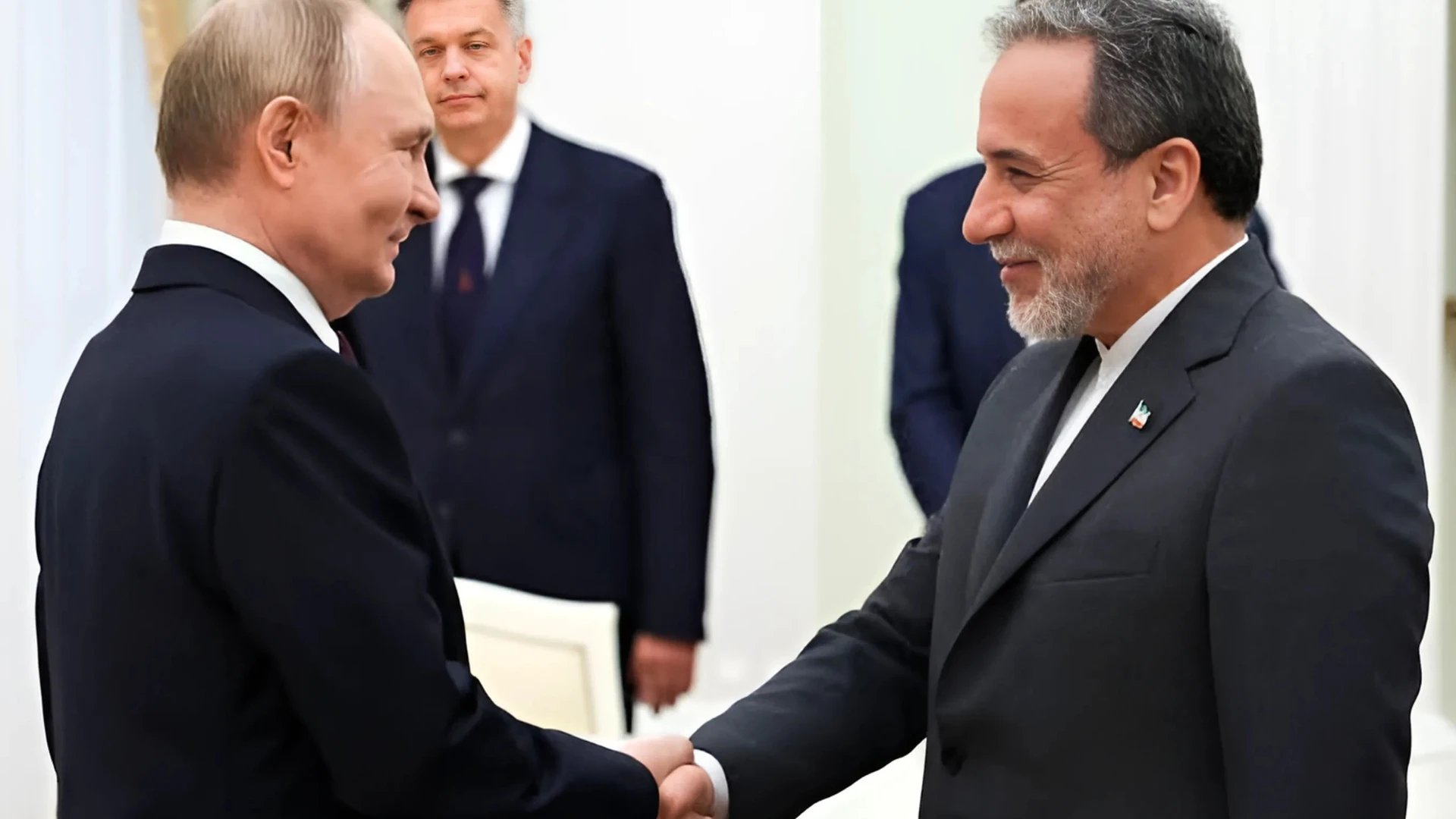London: In a major policy shift, UK Prime Minister Keir Starmer has announced that Britain will increase its defence spending to 2.5% of GDP by 2027, a move he acknowledged was fast-tracked by the evolving global security situation and the return of Donald Trump to the White House.
Speaking in the House of Commons on Tuesday, Starmer said the decision — which involves redirecting funds from the foreign aid budget — had been under consideration since Russia’s invasion of Ukraine in 2022. However, the rapidly changing international landscape and growing concerns over European security pushed him to act sooner than planned.
“The context has changed significantly,” Starmer stated, adding that the past few weeks had “sharpened” his thinking on the urgency of the announcement. Despite suggestions that pressure from Trump played a role in accelerating the decision, Starmer insisted the move was his own and reflected long-standing calls for Europe to take greater responsibility for its security.
The prime minister also hinted at the possibility of UK peacekeeping forces being deployed in the future, underlining the importance of showing leadership across Europe amid ongoing geopolitical uncertainty.
The planned spending increase will require cutting the UK’s foreign aid budget from 0.5% of GDP to 0.3%, a controversial move that has sparked criticism from humanitarian organizations. The rise in defence expenditure is expected to add £13.4 billion annually from 2027.
Starmer’s ambition to push defence spending to 3% of GDP during the next parliamentary term would depend on Labour securing re-election.
Reactions to the announcement have been mixed. Conservative leader Kemi Badenoch expressed support, saying she had proposed reallocating funds from overseas development to strengthen national defence. In contrast, former Defence Secretary Ben Wallace criticized the plan, arguing that the limited increase demonstrated a lack of leadership and failed to meet the growing security demands facing the UK and its NATO allies.
The announcement also comes against the backdrop of a shifting US foreign policy under Trump’s second term, with Washington signaling a reduced willingness to finance NATO’s collective defense efforts. Last week’s reports of US-Russia peace talks excluding Ukraine and European nations have only intensified concerns over Europe’s security future.








